Cautionary Tales
Being on field is an adventure in itself. All field missions are unique, bringing strange, funny, and on occasions disturbing anecdotes to help us learn and grow as researchers.

17 or 71?
“What's your age didi?”“17”, she giggles, her grey hair glinting in the sunlight. “Didi are you sure you are 17?” “Yes, Yes”Concepts of time and space in some rural areas aren’t the same as Western ones. Yet almost every survey you come across asks the question - ‘what’s your age?’ Over the years, we have developed strategies to answer this question.For young children,...
Read More
Why you need that pre-test
“How do you clean your hands?”“With mud”, he answered. “Could you show us?”He walked over to the tap, diligently scrubbed his hands with water, applied soap and washed it off. No mud ever entered the process.It was a study to understand hand hygiene practices, and we were using a survey tool, enumerators’ observations and spot checks to understand how people washed their hands. The ...
Read More

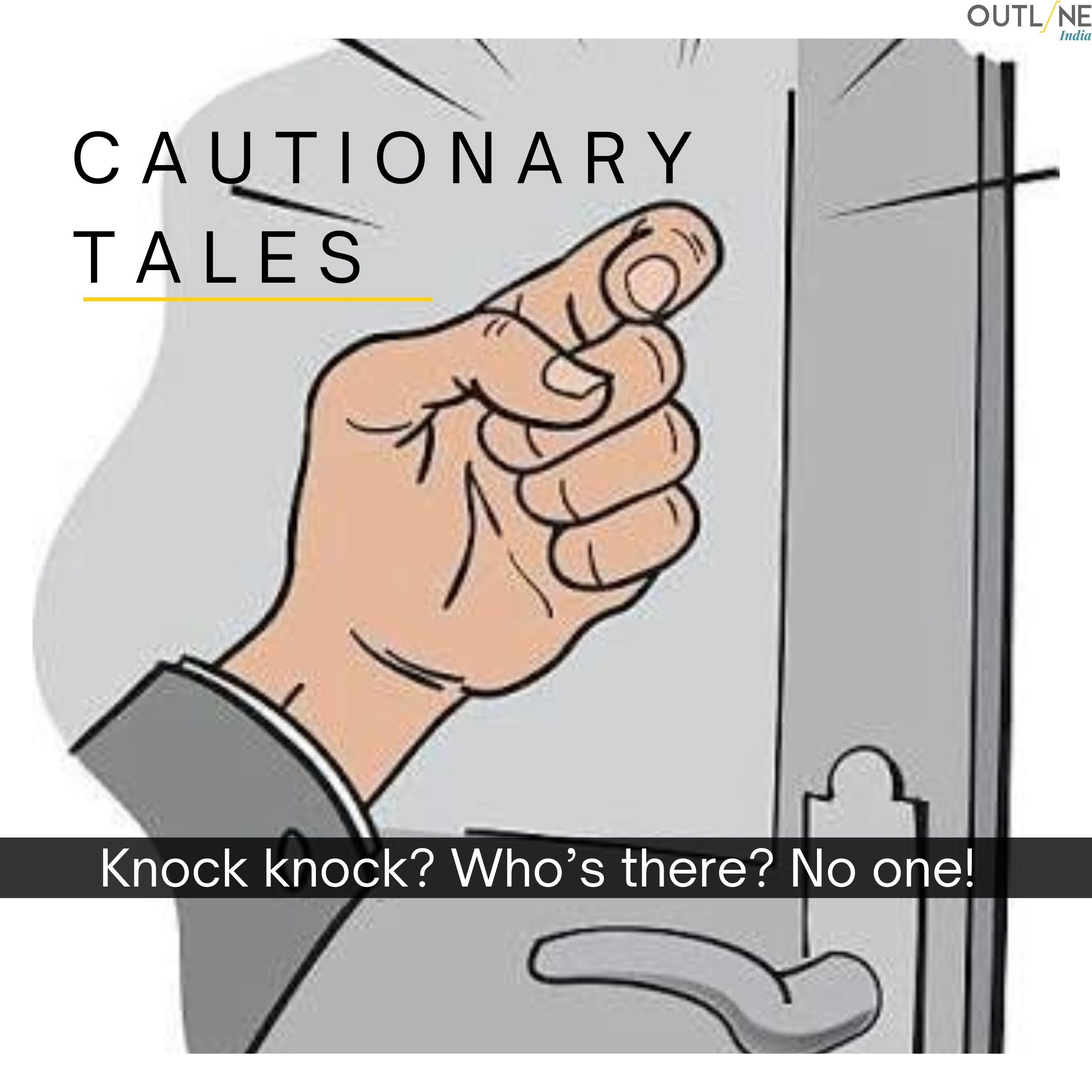
Knock knock? Who’s there? No one!
Respondents don’t just stay at the field site – they move around over time. Especially in rural areas, members of the household often migrate to nearby cities or urban areas in search of work. But what happens when we are required to conduct a baseline, midline as well as an end-line study in the same location with the same respondents? You may not find your respondents in their home all year ...
Read More
The loo that wasn’t
A loo isn’t supposed to be pretty but this one was. A bright yellow building, newly painted, it gleamed in the sun. The teacher who was guiding us pointed it out proudly – “that’s the girls’ toilets” she said.“Can we go in?” we asked. “It’s locked” she stammered. “Don’t you have the key?” we asked, wondering why anyone would lock a toilet. By this time the School Princi...
Read More
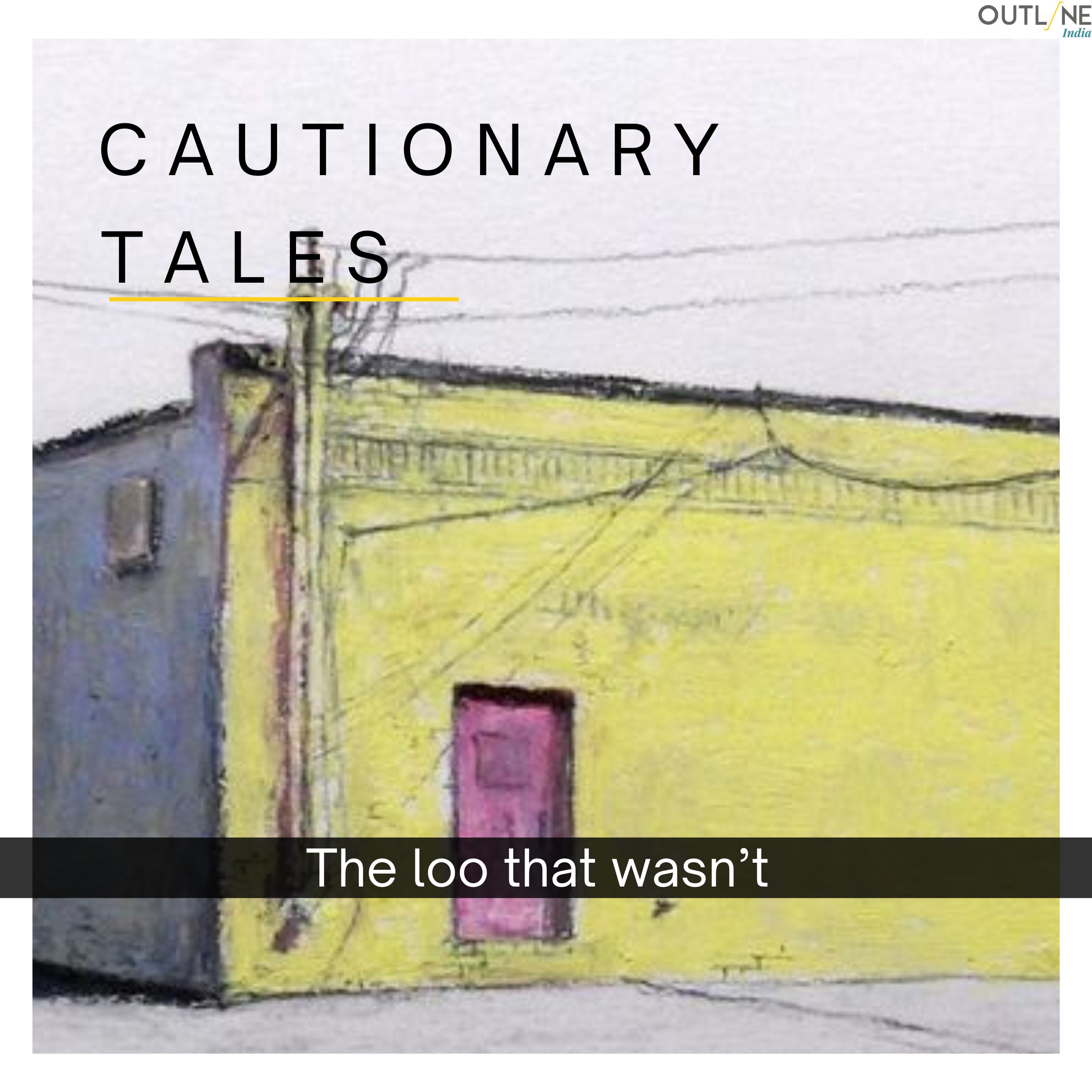
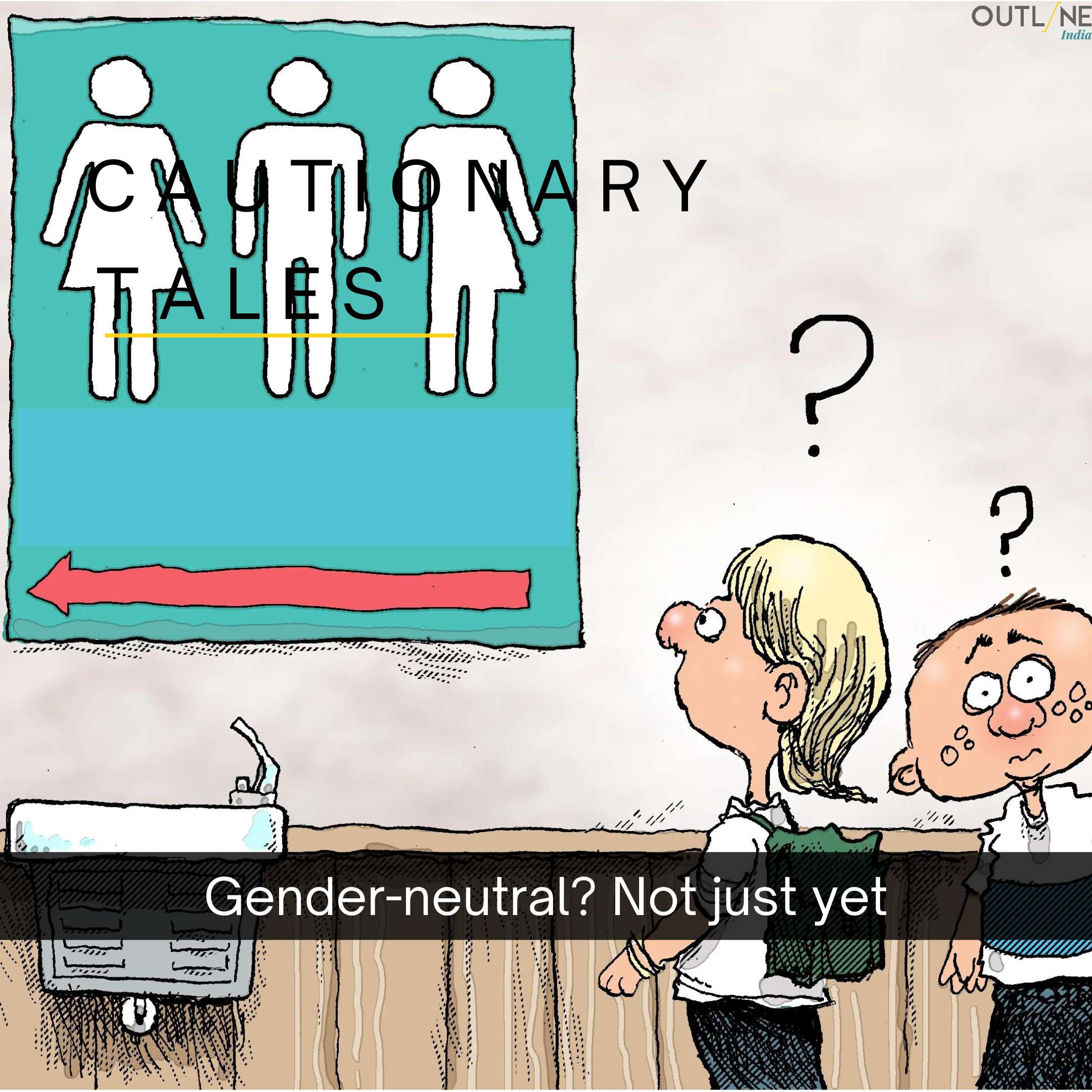
Gender-neutral? Not just yet
It was during an interview with a school principal, a well-respected man in the community. The respondent was all too happy to cooperate, answering our researcher’s questions at length. But in the middle of the interview, he paused and grabbed her hand, explaining that he holds the hands of disobedient children. But he didn’t let go.She finished the interview, extracted her hand and left with ...
Read More
The legacy of an RCT
She had been following us for hours. Survey after survey, a steady shadow that dogged our steps despite the mid-day heat, at the height of the Delhi summer. “Didi, why are you here?” we finally asked. “Survey me as well” she answered.She wasn’t one of our randomly selected respondents. The survey was long, almost two hours, and we normally had to beg respondents to take it, not fend them...
Read More
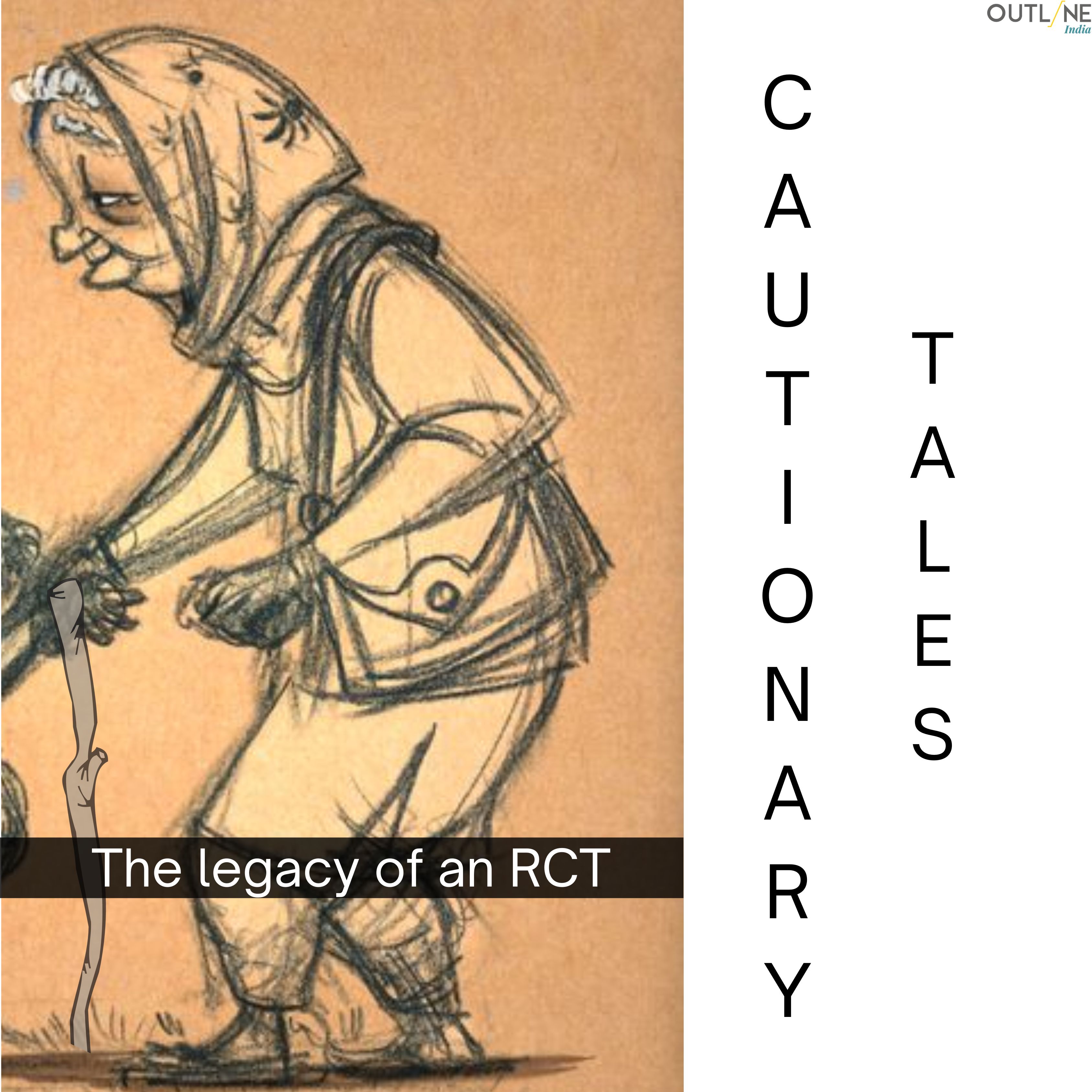
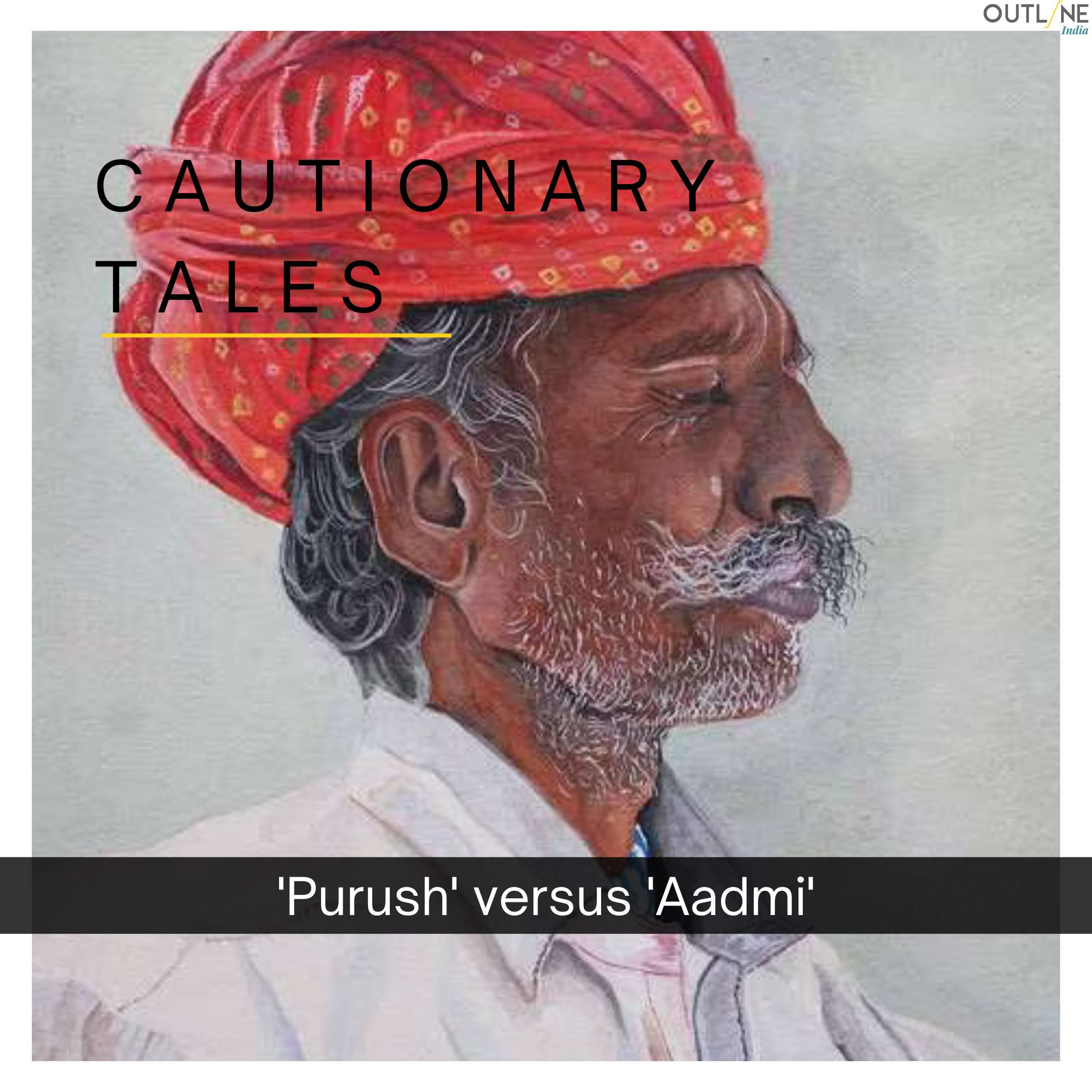
'Purush' versus 'Aadmi'
“Aapke ghar mein kitne purush rehte hain?”“Purush?”“Kitne aadmi rehte hain?”She glared at us.Did we make a mistake? Yes, we did. In Rajasthan, the word aadmi denotes “husbands”, not men. For our respondent, the question translated to “How many husbands do you have?” No wonder she was offended.We wanted to know the number of male members living in the households. Finally, after ...
Read More
Under Suspicion
The village was, as is often the case, remote – 3 to 5 kilometers from the nearest road. Coming in we were met with stares instantly, our guide, a local ASHA, told us that outsiders were rare. This wasn’t unique but odd to us. The villagers followed us around, tense, listening carefully to what we were saying in our unfamiliar accents. Our study – on the topic of sexual and reproductive heal...
Read More
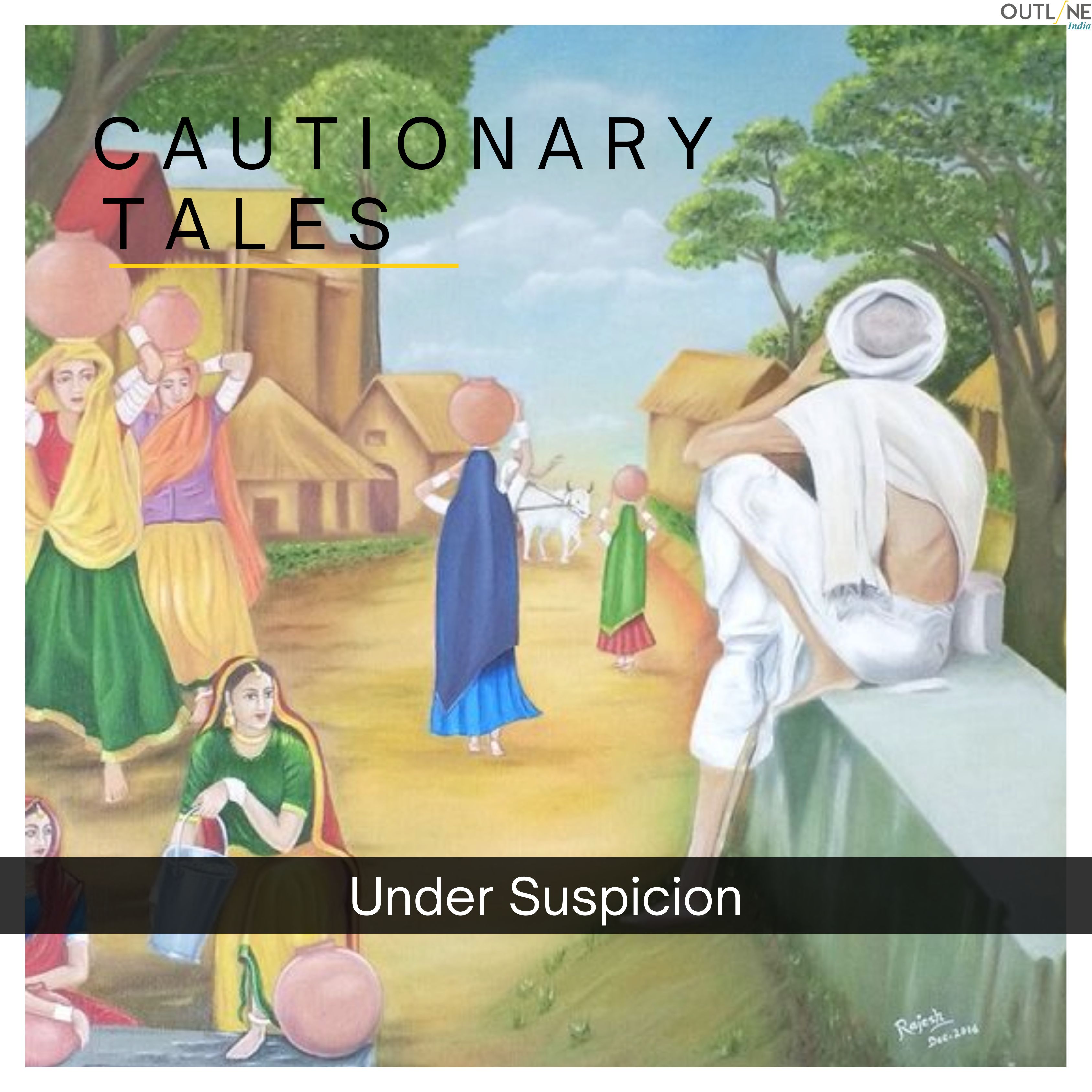
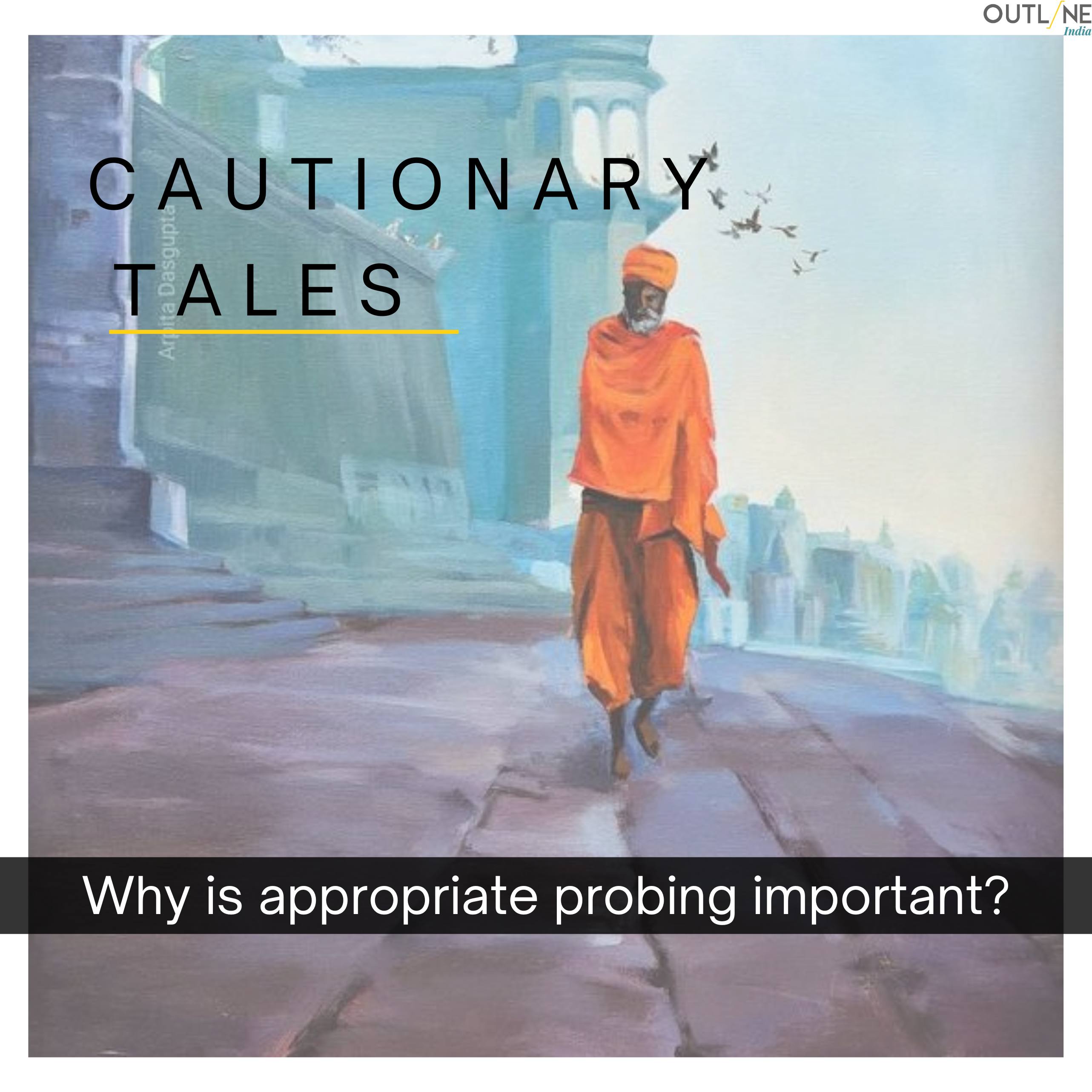
Why is appropriate probing important?
A question on the labor status of an individual seems pretty easy to explain when looked at from the outside. But as you delve deeper into it, you discover the multiple layers. In a training session that we conducted, while giving examples on how to categorize an individual's current labor status, one field enumerator asked, "What is the kind of employment of a priest?"Another enumerator answered,...
Read More
Importance of scoping
We are taught to expect the unexpected when on the field. However, little did we expect what befell us in Araria, Bihar. Since our guide contained sensitive questions and the respondents were 15-19-year-old girls, we requested privacy to conduct our focus group discussions in the local primary school. However, the next day when we returned to the school, we were surrounded by a crowd of agitated v...
Read More
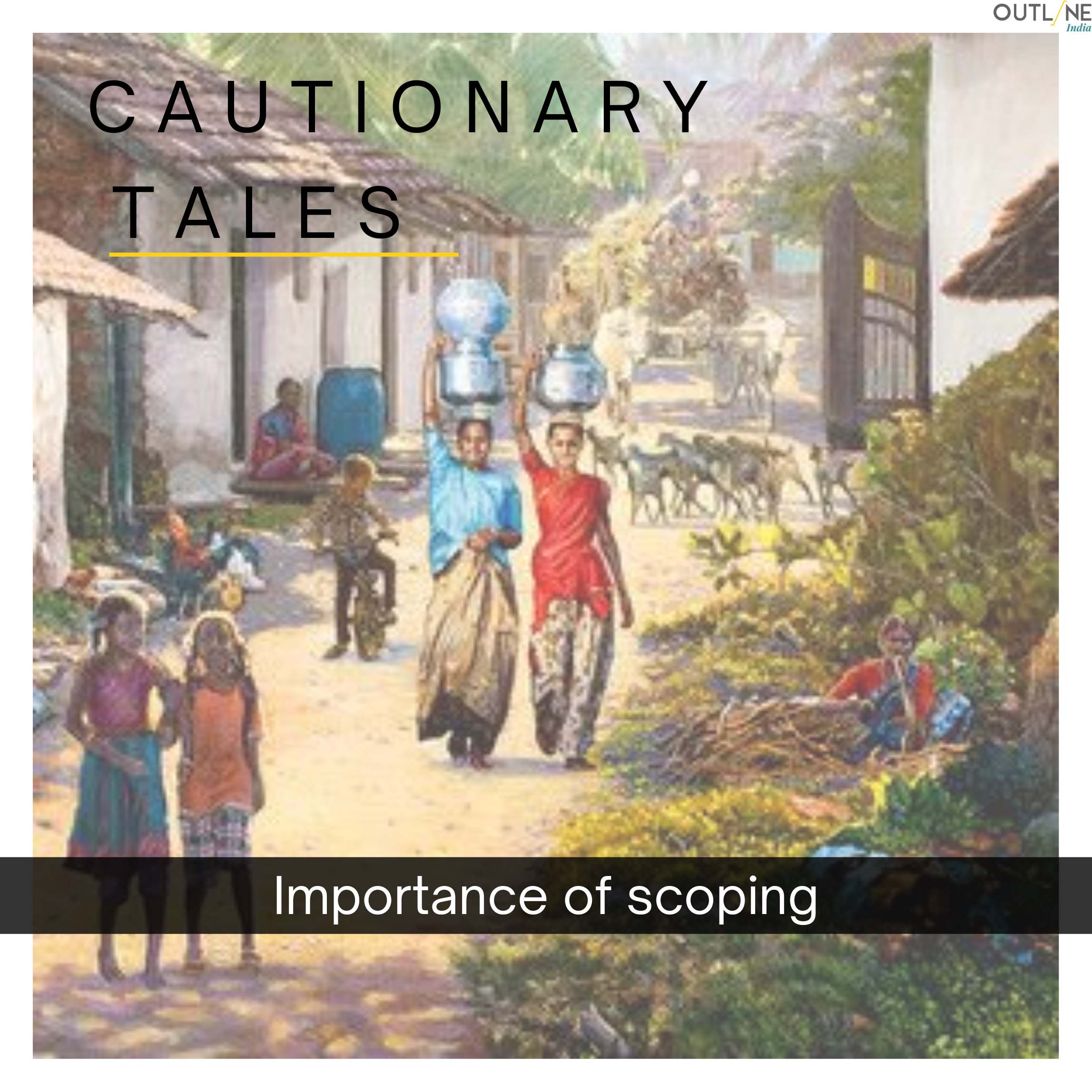
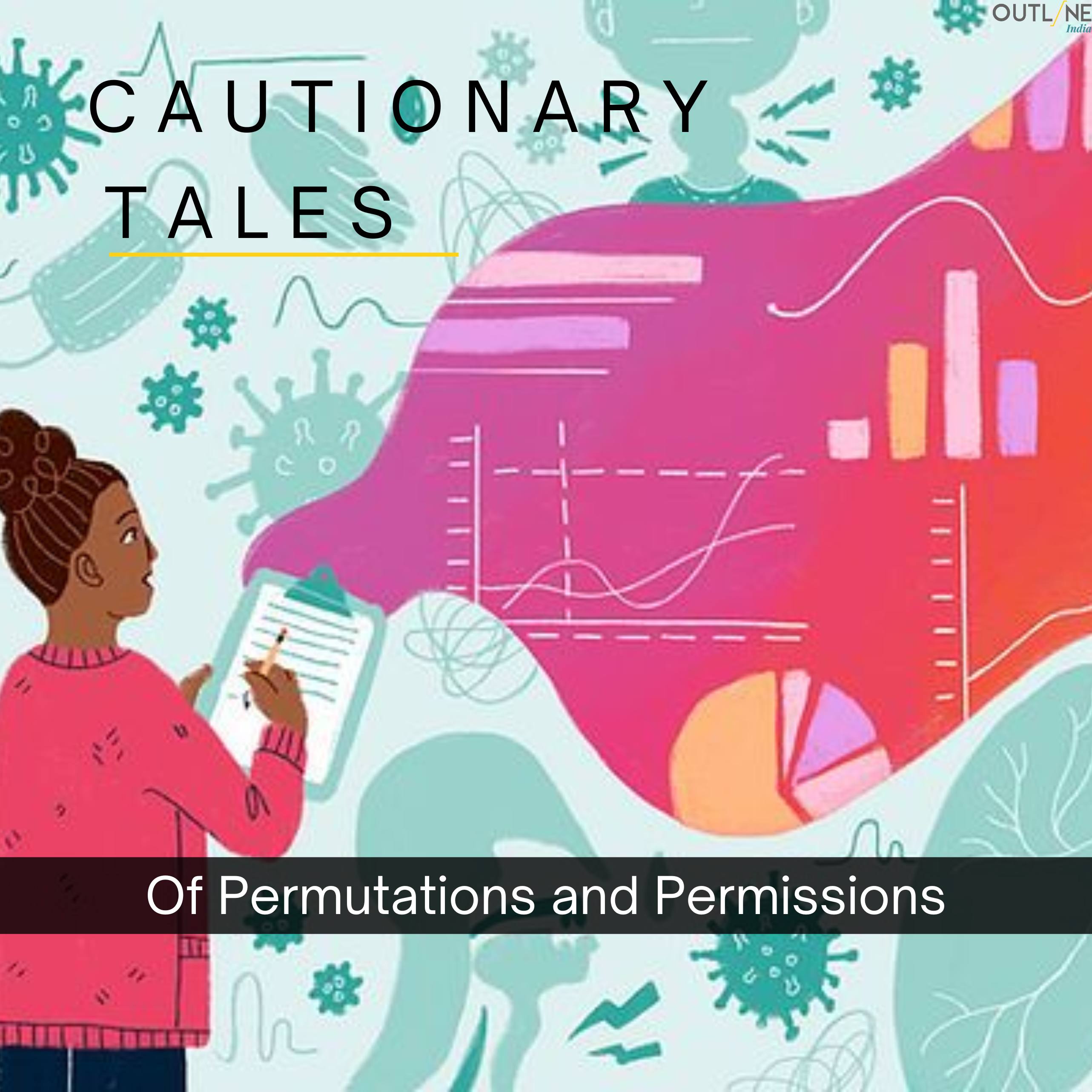
Of Permutations and Permissions
The first step to smooth data collection is to develop a well thought out and sound field plan. However, even meticulous planning cannot always prepare you for the curve-balls that are thrown your way when you are on the field. In such situations, thinking on your feet and improvising are the only ways to ensure that data collection progresses unhindered.Improvisation was our greatest tool in comp...
Read More
Are you buying me a house?
Often while doing fieldwork, we come across respondents who don’t understand the questionnaire and tend to interrogate more about the same. They usually find questions bizarre and challenging.We recently did a psychometric study for the University of Virginia on Environment, travel, and well-being in Delhi. The study tried to understand how the residents of Delhi feel about their surroundings ...
Read More


Work over play any day
“Which of these do you usually play with?” asked our researcher, inviting the kid to come closer to have a look at the toys on display.The kid, in the blink of an eye, picked one of the toys and fled the place. Were we able to get hold of him thereafter? There was no chance we could!This is often the case when we are interviewing kids for a study. They are so enchanted by just anything lying ...
Read More
Clear visuals are the key to successful surveys
We were conducting a field study with children wherein we had to show them a few placards and collect the necessary information. On the first day, we had the placards in our respective devices. As a result of limitations of size, the images were too small which led to utter confusion among children and unclear responses. From the following day onwards, we kept the placards in the form of flip ch...
Read More
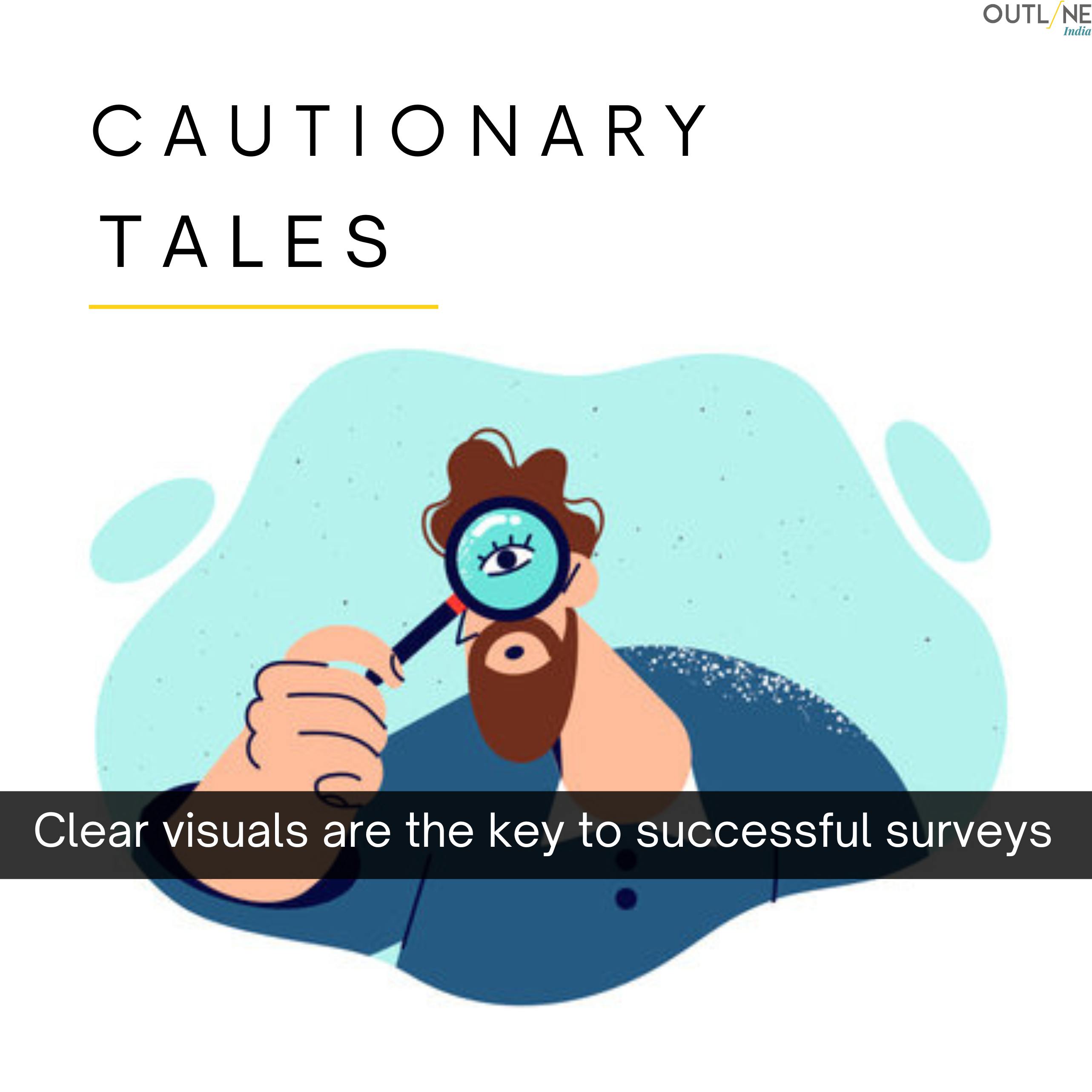

Fear and Foe
Fearing strangers is a simple emotion to understand and sympathize with, but considering the same strangers as foe requires thinking deeply and assessing one’s actions.There can be hostility on certain occasions and it can make one curious and uncomfortable at the same time. Our field team has experienced discomfort and unwelcoming stares from villages on many occasions but once the team explain...
Read More
Kar ke dikhayenge, haan bhai haan
Outline India conducted a study aimed at assessing the foundational literacy (Reading, Writing) & numeracy skills (Arithmetic Operations, Addition, Subtraction) of children in primary school across a couple of states = The researchers assumed that owing to complex mathematical calculations, the assessment on one child might take longer.Expecting to see children hesitating and taking time if not st...
Read More
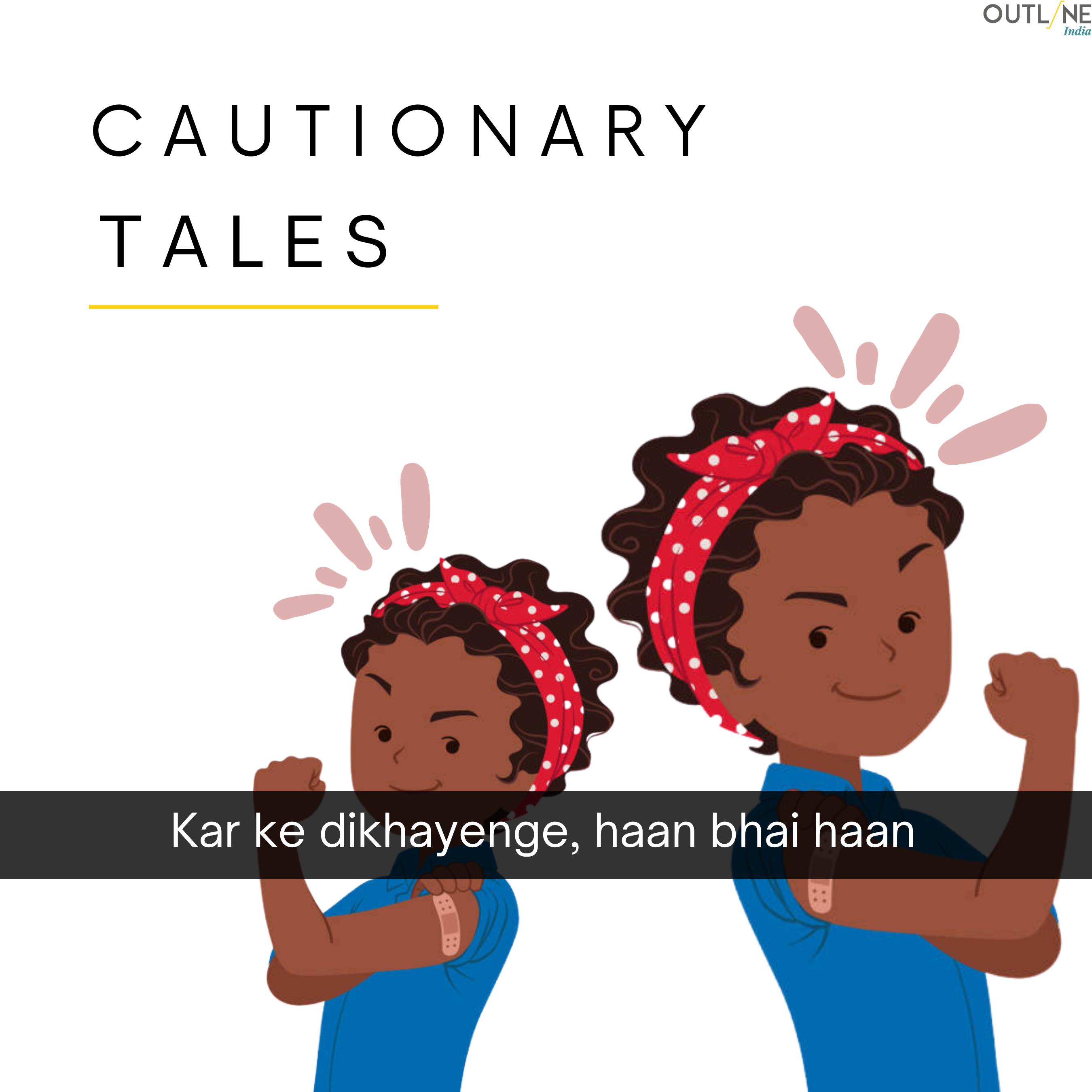
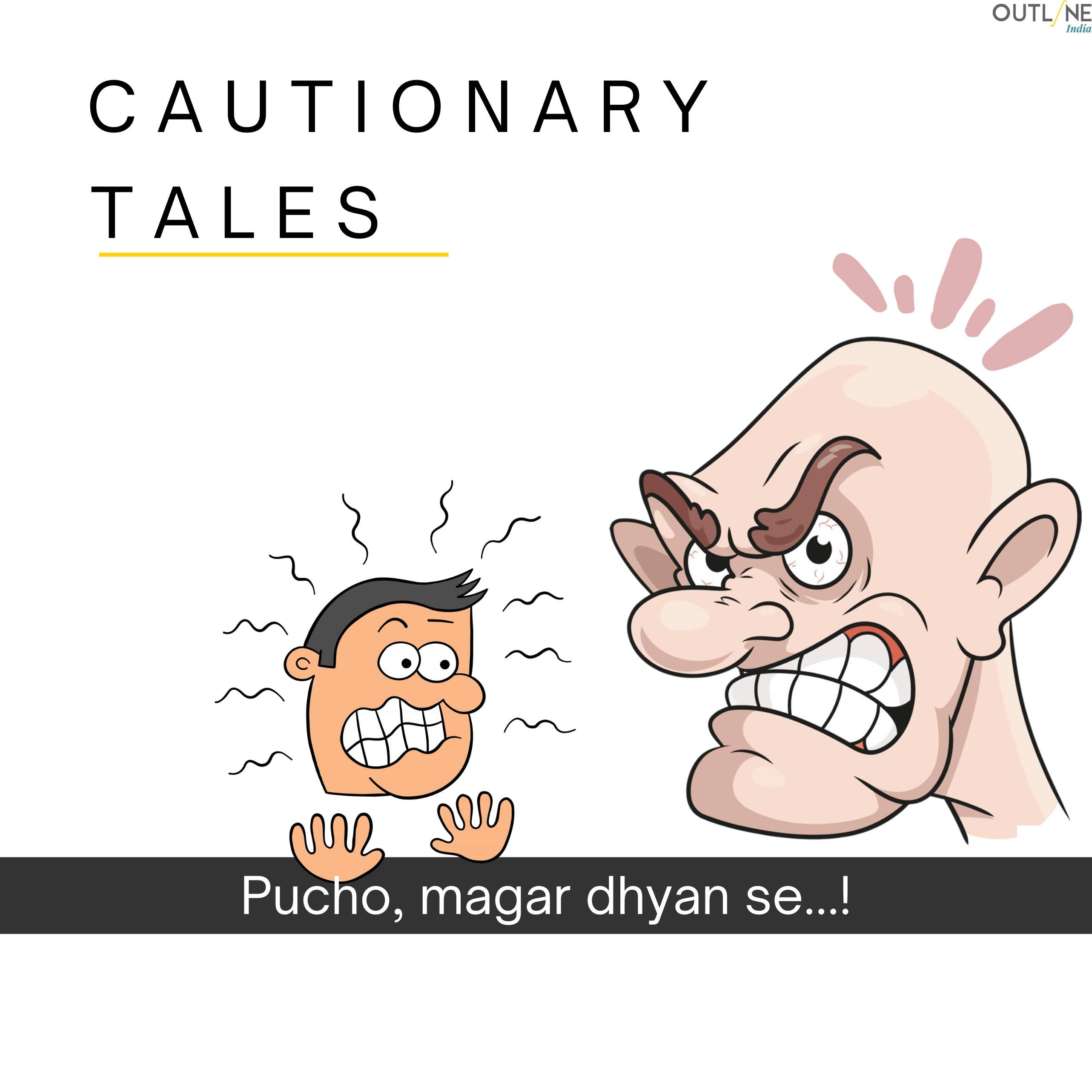
Pucho, magar dhyan se...!
Field work from a research perspective is often more complicated than one thinks. Appointment seeking, permission slips, mountains of paperwork, repeated enumerator training, coordination and so much more is also a major part of field work. However, it can all go to waste after one interaction. Outline India, while conducting a rather sensitive survey on information dissemination and its...
Read More
Data Privacy pe sabka hai adhikar
As a data collection organization working in the development space for over a decade, there are “trends” we come across over the years.From women remaining inside the house during surveys, to them sitting beside the male members in the courtyard as equal participants, good changes are hard to come by but they are surely on their way.What (pleasantly) surprised our field team was the sense of a...
Read More
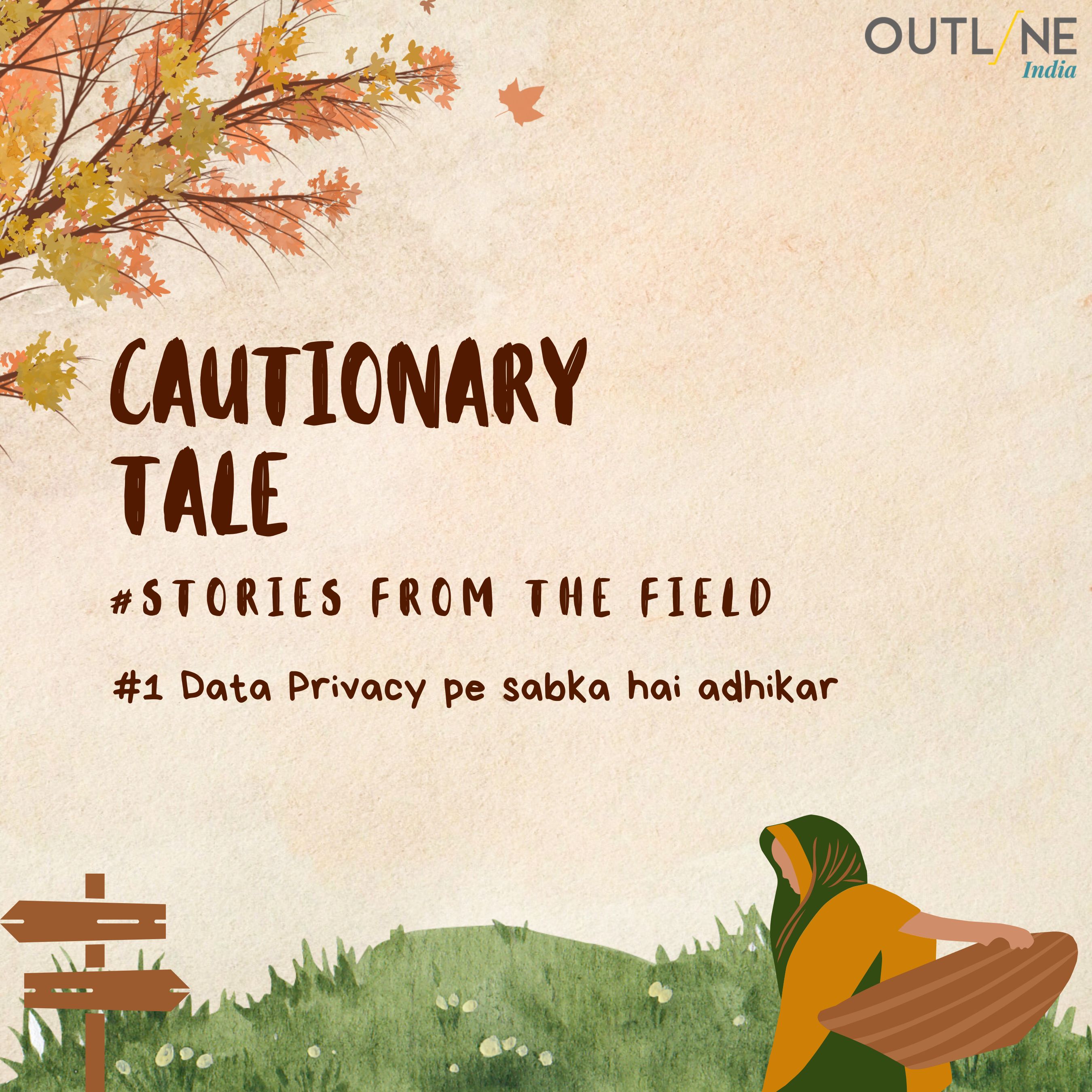
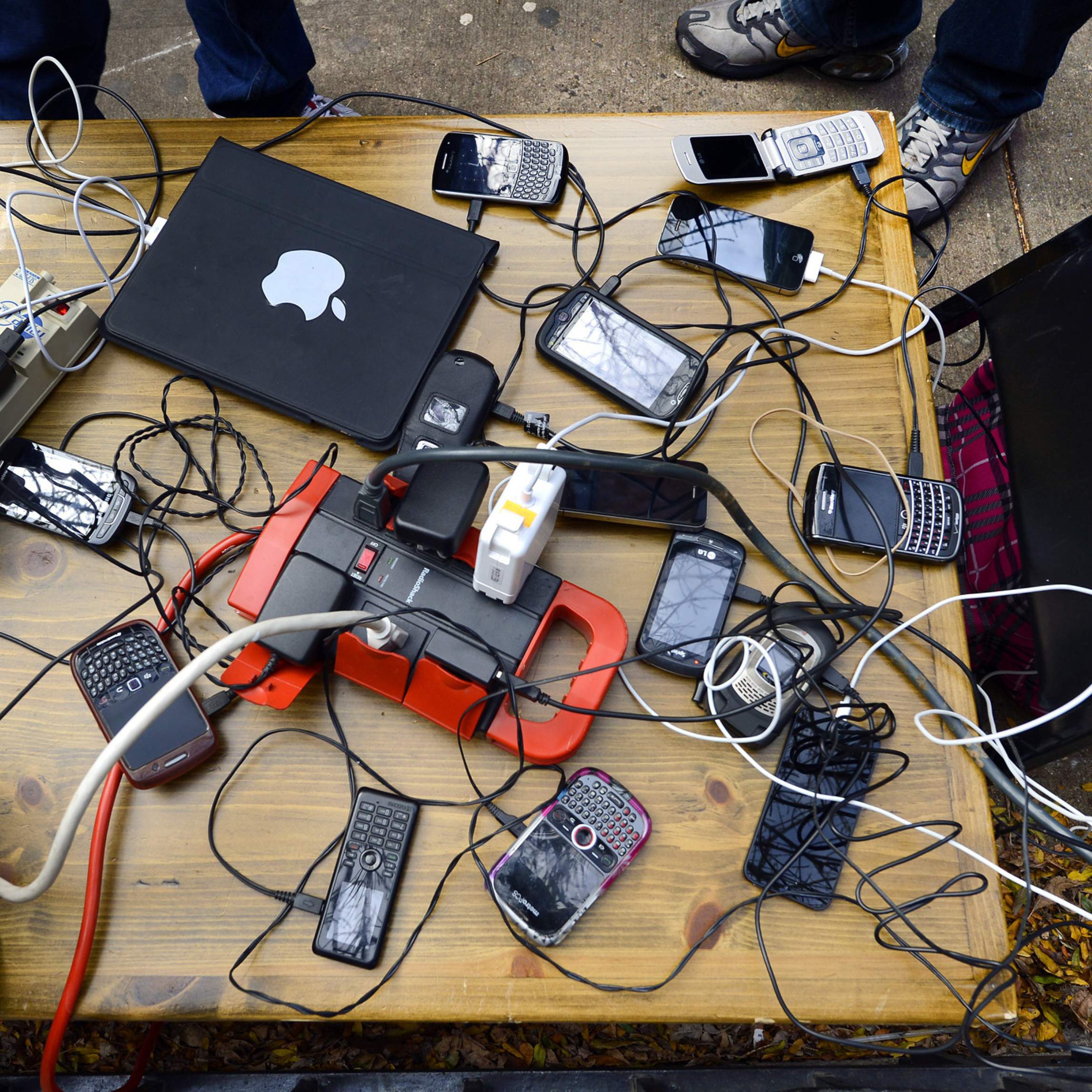
The Tech Trouble
Equipped with state-of-the-art tablets, our team arrived at a village in Uttar Pradesh, ready for efficient digital data collection. However, they soon discovered a critical problem: there was no electricity to charge the devices in the village houses. The tablets became practically useless after the batteries were running out.Realizing the severity of the situation, the researchers had to find a ...
Read More
Navigating Cultural Sensitivities
Gathering data in rural areas can be delicate, especially with sensitive subjects like Sexual and Reproductive Health (SRH), often considered taboo in many Indian villages. Researchers, often seen as outsiders with different accents and advanced equipment, face significant challenges when discussing such personal topics.In one instance, our researchers arrived in a village where early marriages an...
Read More
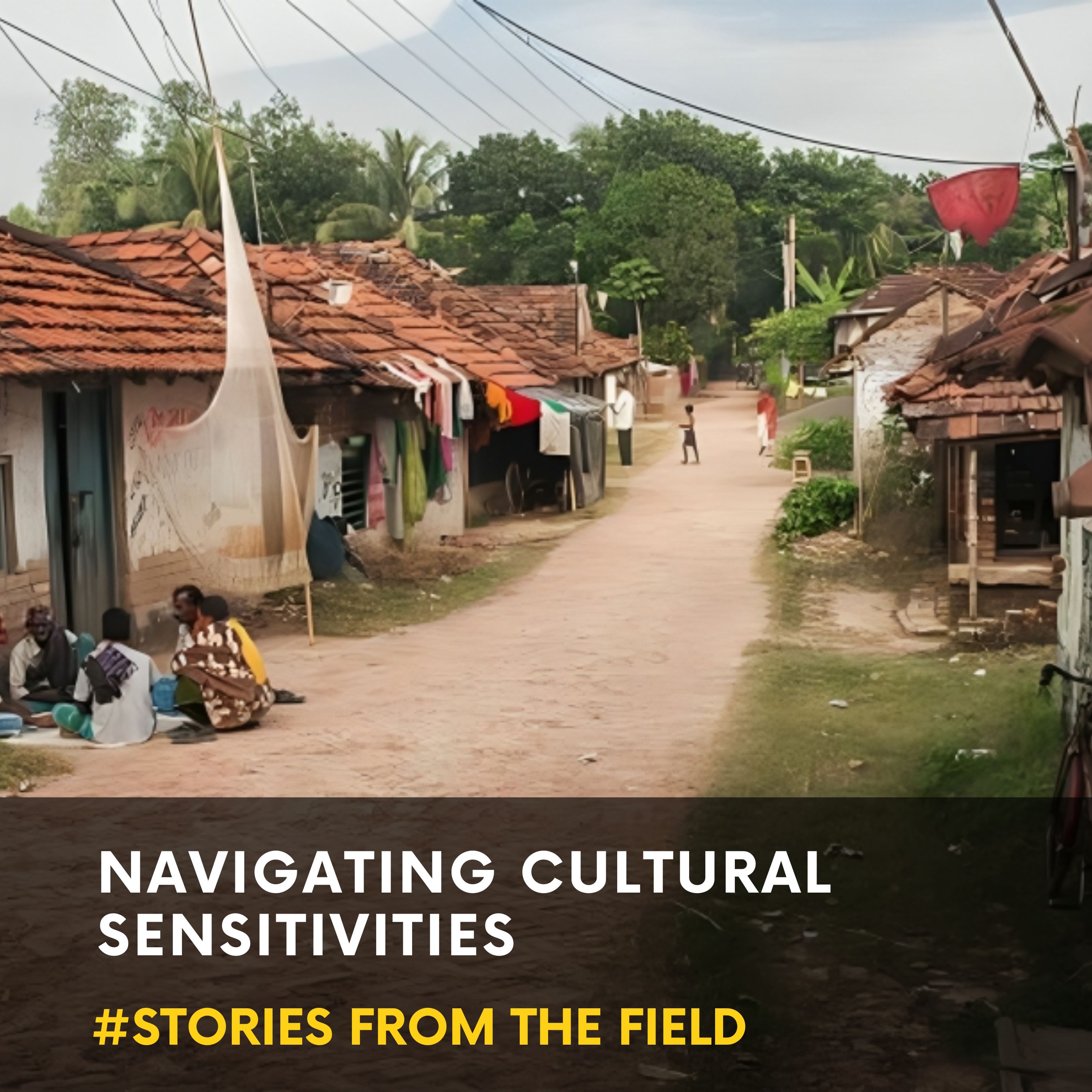

Waiting for the Team
Asha, one of our qualitative interviewers, was told to wait at a meeting point. The client had helped coordinate the location, and even the local police were nearby.The field team, however, was traveling by public transport. Buses were delayed, and while they kept saying “we’ll be there in 2 minutes,” the wait stretched on. Hours passed. By 5 p.m., Asha was still waiting.The team soon found ...
Read More
Lost in Numbers
“How many children between 0 to 18 live in your village?” we asked during a survey on child marriage.The response was a firm no. No children? That didn’t make sense.It took us a while to realize the problem. People in the village understood “18” but not “0.” To them, “0” wasn’t part of age. So our question was confusing. Once we rephrased and explained, answers started flo...
Read More
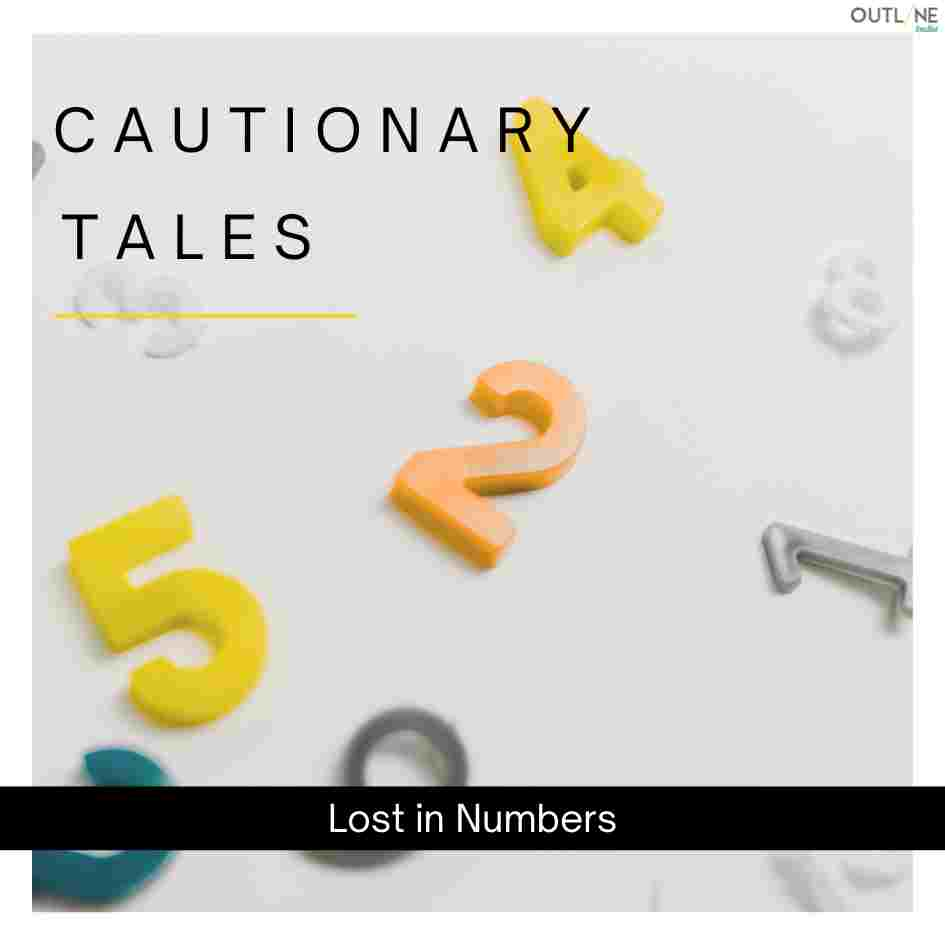
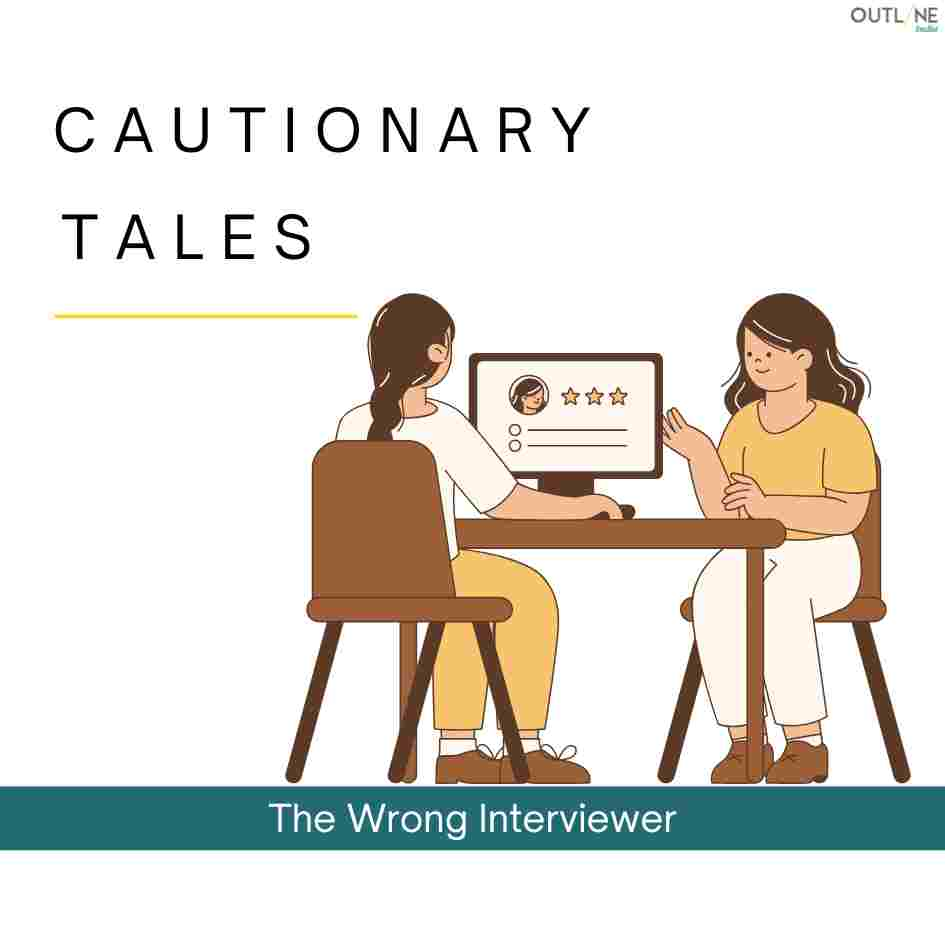
The Wrong Interviewer
Our study in Karnataka focused on girl icons and their leadership qualities, with sensitive topics like menstrual cycles at the heart of the discussions.A male consultant was assigned to conduct one of these interviews. To the girl he was speaking with, he looked like an uncle. She grew visibly uncomfortable, hesitant to answer, worried about being seen. The positionality was all wrong, and the in...
